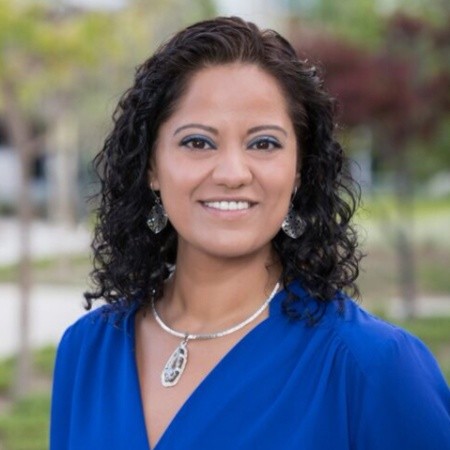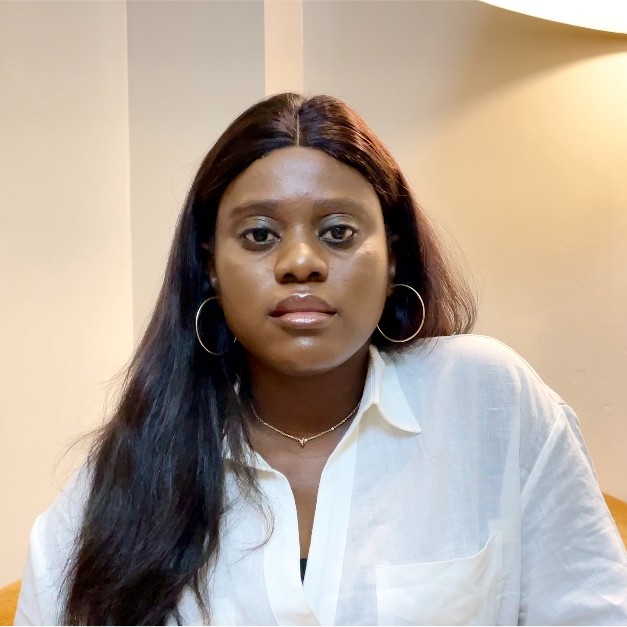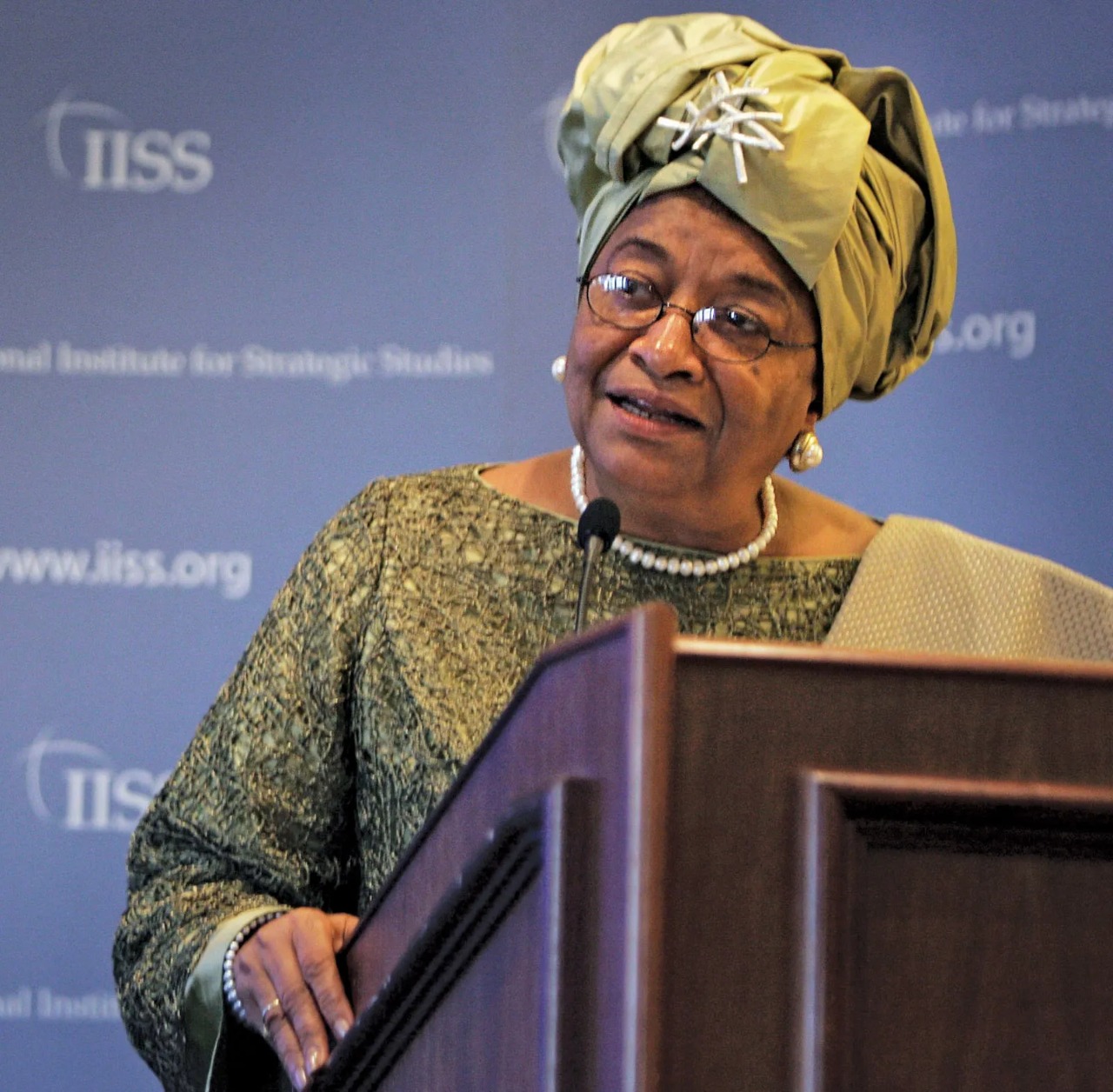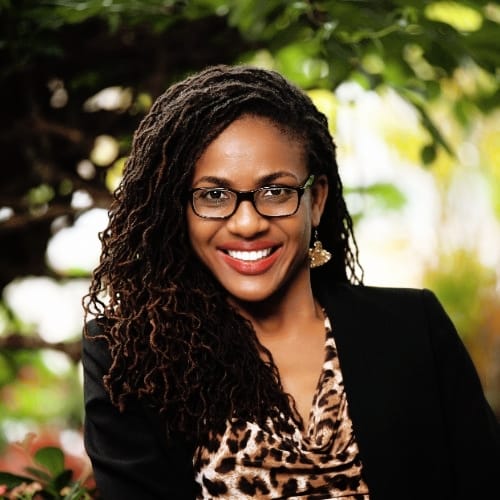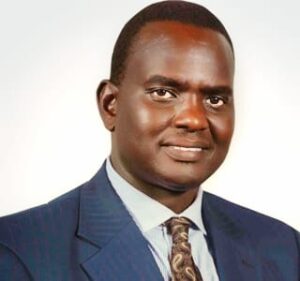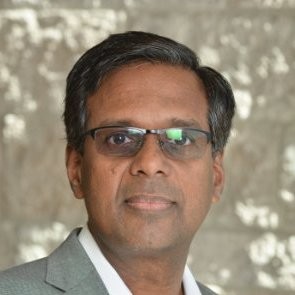SERIES 4: Governance and Human Rights in the Era of COVID-19 – August 14.
A moderated discussion with a focus on attention to human rights such as non-discrimination and human rights principles such as transparency, right to information, privacy, and respect for human dignity amidst the turmoil and disruption of COVID-19.

- Creation of new policies that are overbroad in reaction to the COVID-19 Pandemic that might harm the pledge to respect human rights
- Ensuring the continued Equal treatment and non-discrimination, Right to health.
- Promoting the Right to information
- Enhancing the Protection of privacy in the age of use of contact tracing tools using AI, ML among other tools.
- Gender considerations, especially how Women and Girls bear the biggest weight in managing the pandemic.
- Way forward, practical measures and using COVID-19 as an accelerant to positive change.











